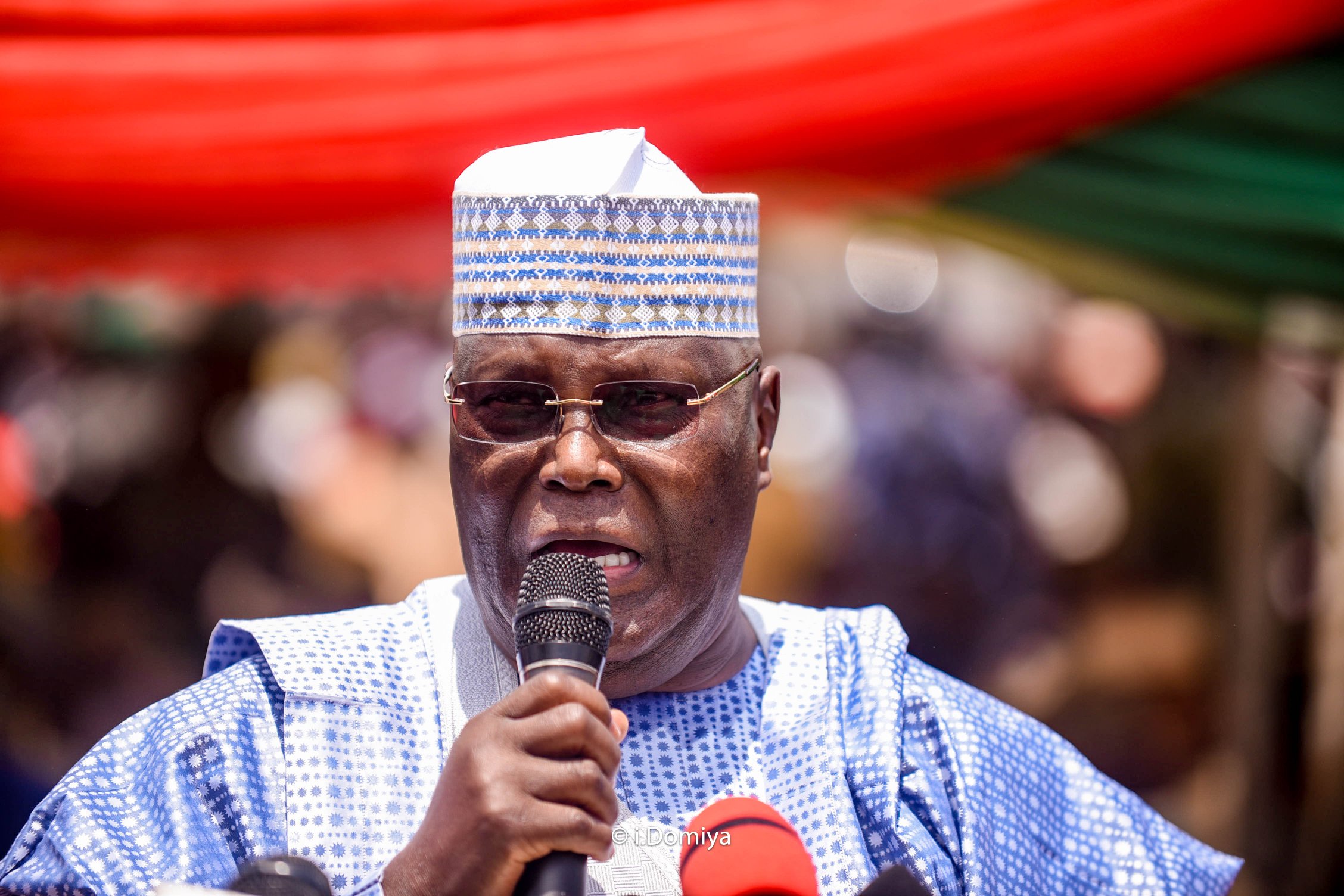Atiku Abubakar Call For Nationwide Protest: A Misguided Endeavor
By Pius Ade Babaleye Pab
In the latest display of political maneuvering, Atiku Abubakar, the perennial presidential candidate, has once again thrown his weight behind a nationwide protest. This move has raised eyebrows across the African sub-region and cemented his reputation as one of the most perplexing figures in contemporary Nigerian politics.
Atiku’s political career is a saga of repeated defeats and unfulfilled aspirations. Despite numerous attempts to ascend to the highest office in the land, he has consistently fallen short. This string of losses has not only branded him as an “election loser” but also questioned his political strategies and alliances.
The former vice president’s support for the nationwide protest appears to be less about addressing genuine grievances and more about stoking discontent. This approach underscores his longstanding inability to align with progressive governance and national unity. His actions often seem to prioritize personal ambition over the collective good, a stance that has alienated many Nigerians who yearn for stable and forward-thinking leadership.
Atiku’s political journey is marked by a series of contradictions. He positions himself as a champion of democracy and reform, yet his political moves often seem to disrupt rather than enhance national progress. This inconsistency has earned him a reputation as an unreliable ally and a destabilizing force in Nigerian politics.

Moreover, Atiku’s failure to build lasting alliances and his penchant for political opportunism have left him isolated. His inability to foster enduring relationships within the political landscape has further hindered his chances of leading a cohesive and effective government. This lack of strategic acumen is a significant factor in his repeated electoral failures.
Atiku Abubakar’s vision for Nigeria remains unclear and unconvincing. His support for protests, rather than constructive dialogue and collaboration, suggests a leader more interested in fomenting unrest than in fostering solutions. This approach not only undermines democratic processes but also threatens the stability and progress of the nation.
In conclusion, Atiku Abubakar’s latest foray into nationwide protests highlights his continued struggle to resonate with the Nigerian populace. His track record of electoral defeats and political inconsistency paints a picture of a leader out of touch with the aspirations of his people. As Nigeria looks towards a future of growth and stability, it is increasingly evident that Atiku Abubakar is not the leader to guide the nation towards its potential. His legacy, thus far, is one of division and disruption, rather than unity and progress.



